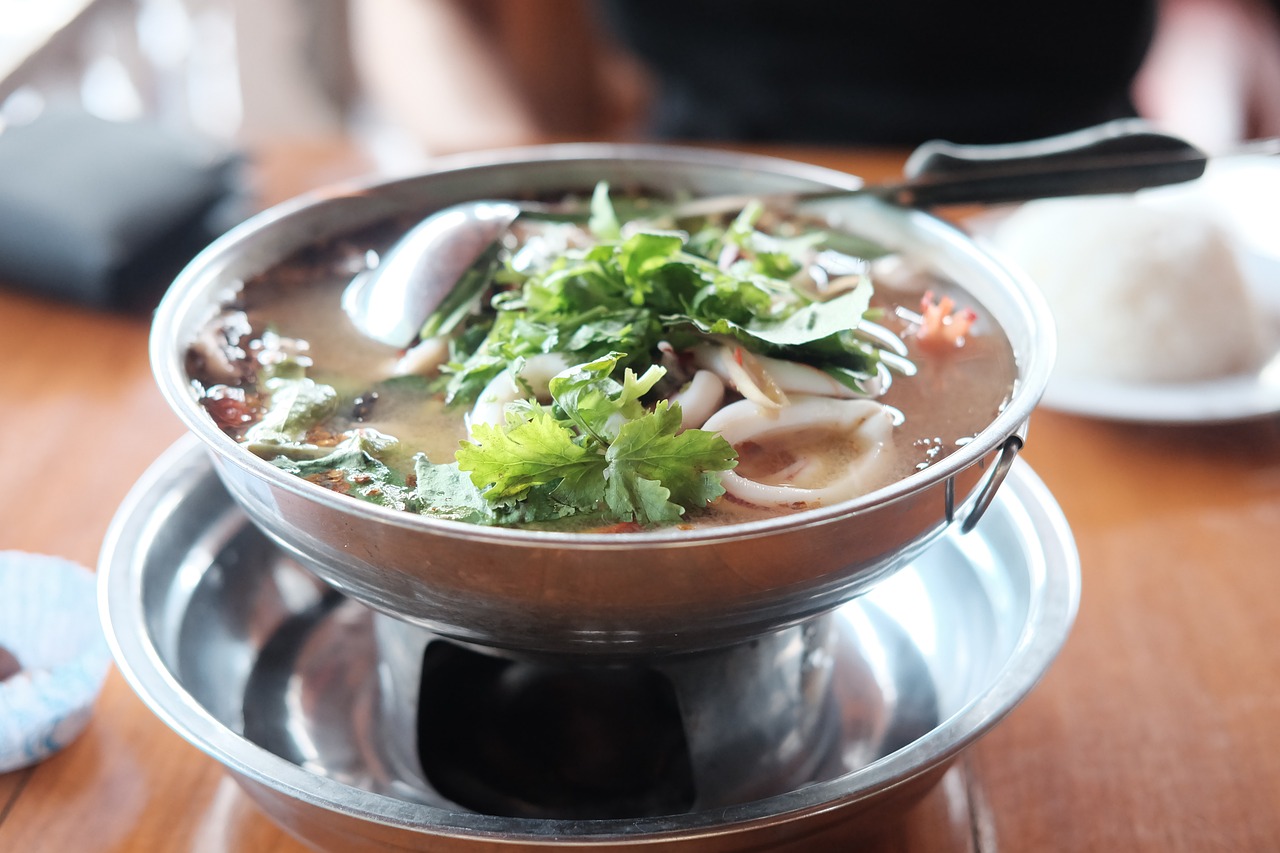The Impact of Fair Trade Certification on Coffee Farmers
99 exch, lesar 247.com, yolo247 login:Coffee farmers around the world face numerous challenges in their line of work, from unpredictable weather patterns to fluctuating market prices. However, one initiative that has been gaining traction in recent years is Fair Trade certification. This certification aims to ensure that coffee farmers receive fair wages for their hard work and are able to improve their living and working conditions. In this article, we will explore the impact of Fair Trade certification on coffee farmers.
Fair Trade certification is a voluntary program that sets standards for the production and trade of goods, including coffee. These standards include fair wages, safe working conditions, and sustainable farming practices. By purchasing Fair Trade certified coffee, consumers can support farmers in developing countries and promote social and environmental sustainability.
**Benefits of Fair Trade Certification**
One of the main benefits of Fair Trade certification for coffee farmers is that it guarantees them a minimum price for their coffee beans. This price floor helps protect farmers from market fluctuations and ensures that they receive a fair wage for their labor. In addition, Fair Trade certification provides farmers with access to technical assistance and resources to improve their farming practices and increase their yields.
**Improved Living Conditions**
Fair Trade certification also helps to improve the living conditions of coffee farmers and their families. By receiving fair wages, farmers can afford to send their children to school, access healthcare services, and invest in improving their homes and communities. Fair Trade certification also promotes gender equality by ensuring that women farmers are paid the same as their male counterparts and have equal access to training and resources.
**Environmental Sustainability**
Another important aspect of Fair Trade certification is its focus on environmental sustainability. Fair Trade certified coffee is grown using sustainable farming practices that protect the environment and promote biodiversity. Farmers are encouraged to use organic fertilizers, conserve water, and reduce their carbon footprint. By choosing Fair Trade certified coffee, consumers can support environmentally friendly farming methods and help combat climate change.
**Empowerment and Community Development**
Fair Trade certification empowers coffee farmers by giving them a voice in the global marketplace. Farmers are actively involved in the decision-making process and have the opportunity to participate in cooperatives and receive training on business management and marketing. This empowerment helps farmers build stronger communities and develop sustainable livelihoods for themselves and future generations.
**The Challenges of Fair Trade Certification**
While Fair Trade certification offers numerous benefits to coffee farmers, there are also challenges associated with the program. One of the main challenges is the cost of certification, which can be prohibitive for small-scale farmers who may not have the resources to meet the strict standards set by Fair Trade organizations. In addition, some critics argue that Fair Trade certification can create dependency on external support and may not always lead to long-term sustainability.
**Consumer Awareness and Education**
To fully realize the benefits of Fair Trade certification, consumer awareness and education are essential. Many consumers are unaware of the impact of their purchasing decisions on coffee farmers and the environment. By choosing Fair Trade certified coffee, consumers can make a tangible difference in the lives of farmers and support sustainable agricultural practices. Educating consumers about the importance of Fair Trade certification can help drive demand for ethically sourced products and promote social and environmental justice.
**The Future of Fair Trade Certification**
As consumer demand for ethically sourced products continues to grow, the future of Fair Trade certification looks promising. More companies are recognizing the importance of supporting sustainable supply chains and are seeking out Fair Trade certified products. By working together with farmers, businesses, and consumers, we can create a more equitable and sustainable global coffee industry that benefits everyone involved.
**FAQs**
Q: How can I find Fair Trade certified coffee?
A: Fair Trade certified coffee is widely available in supermarkets, specialty stores, and online retailers. Look for the Fair Trade label on packaging to ensure that the coffee you purchase meets Fair Trade standards.
Q: Is Fair Trade certification only available for coffee?
A: No, Fair Trade certification is available for a wide range of products, including chocolate, tea, sugar, and bananas. By choosing Fair Trade certified products, you can support farmers and workers around the world.
Q: How can I support Fair Trade coffee farmers?
A: You can support Fair Trade coffee farmers by choosing Fair Trade certified coffee, educating yourself and others about the importance of ethical sourcing, and advocating for fair wages and working conditions for farmers.
In conclusion, Fair Trade certification has a positive impact on coffee farmers by providing them with fair wages, improving their living conditions, promoting environmental sustainability, and empowering communities. By choosing Fair Trade certified coffee, consumers can support farmers in developing countries and help create a more equitable and sustainable global coffee industry. Together, we can make a difference in the lives of coffee farmers and build a brighter future for all.







